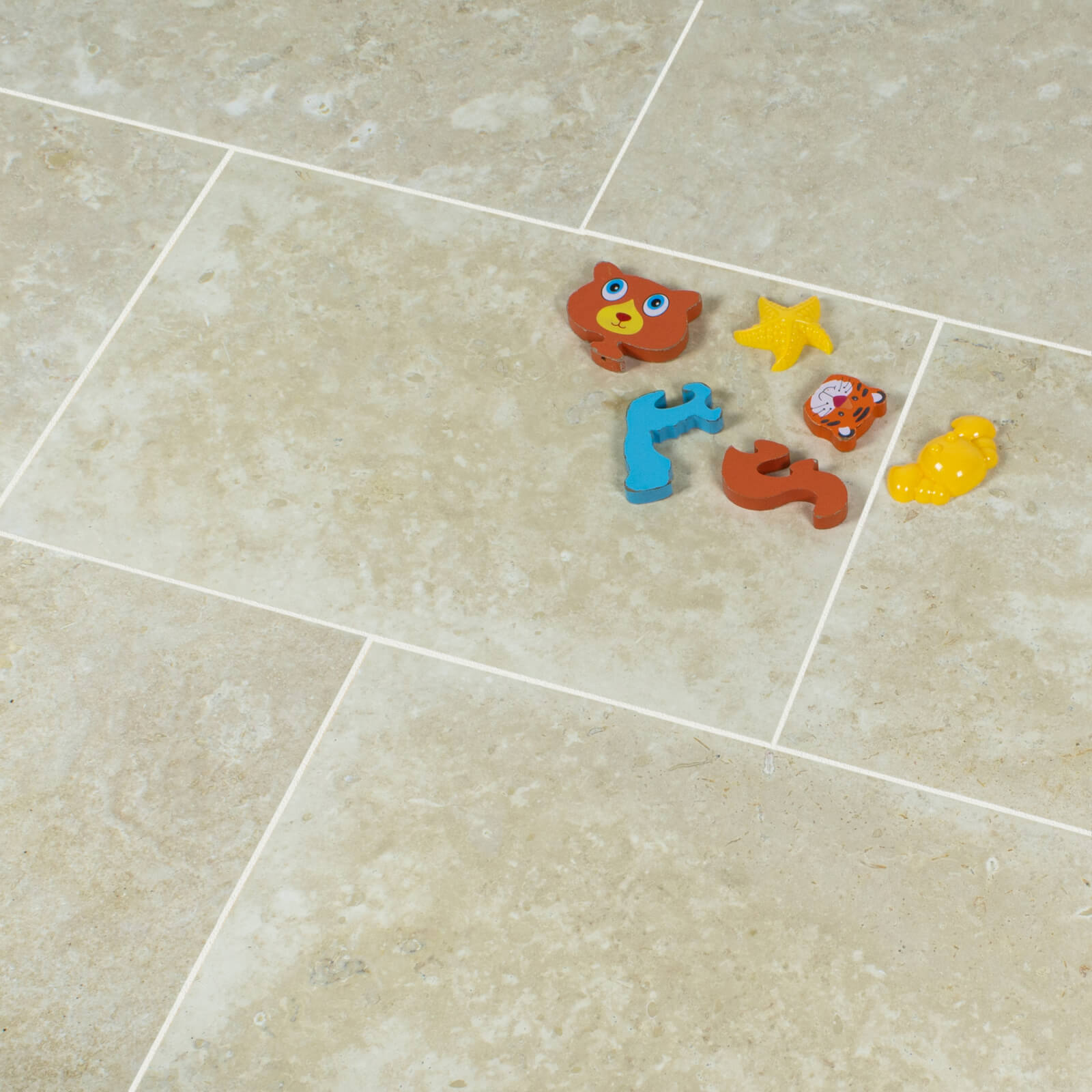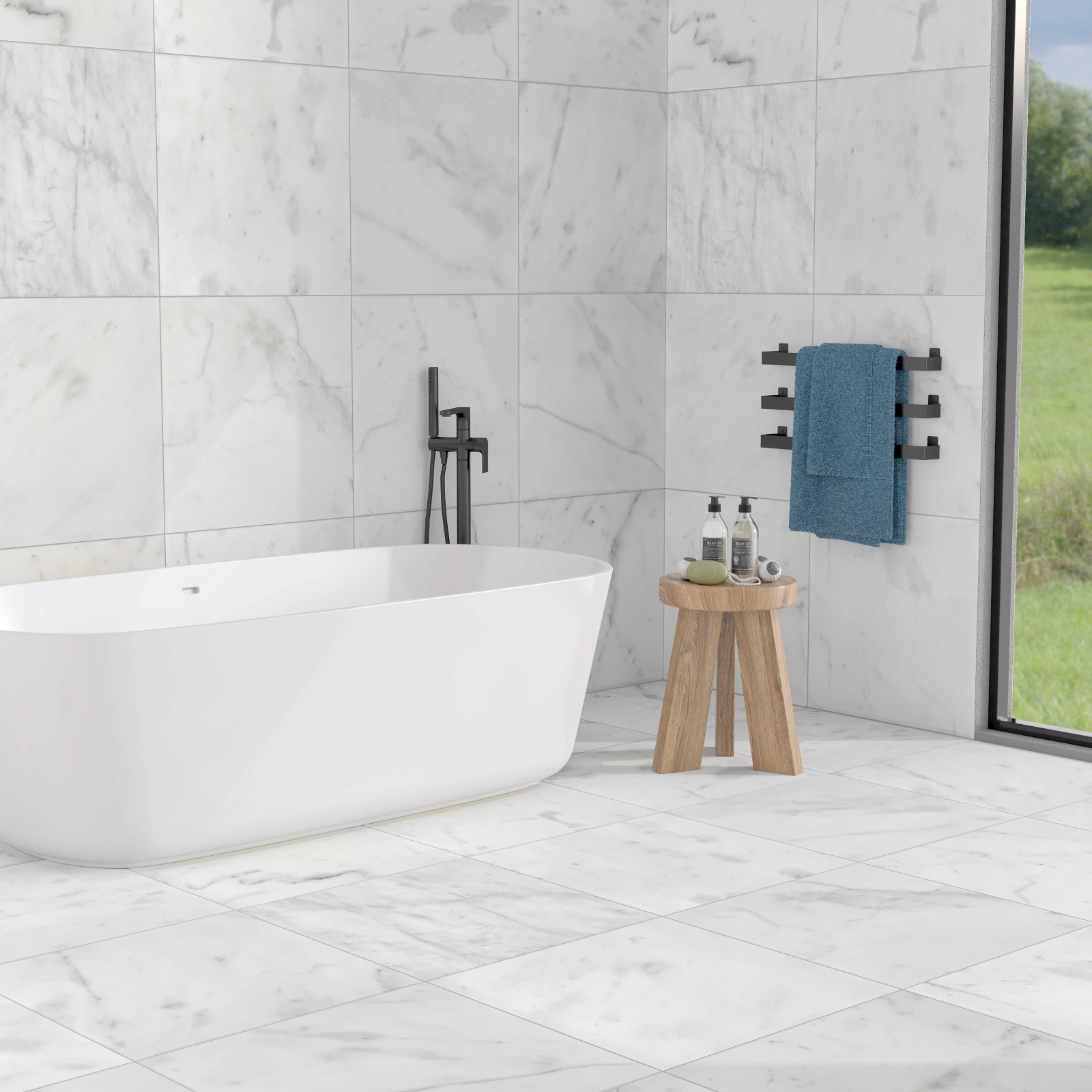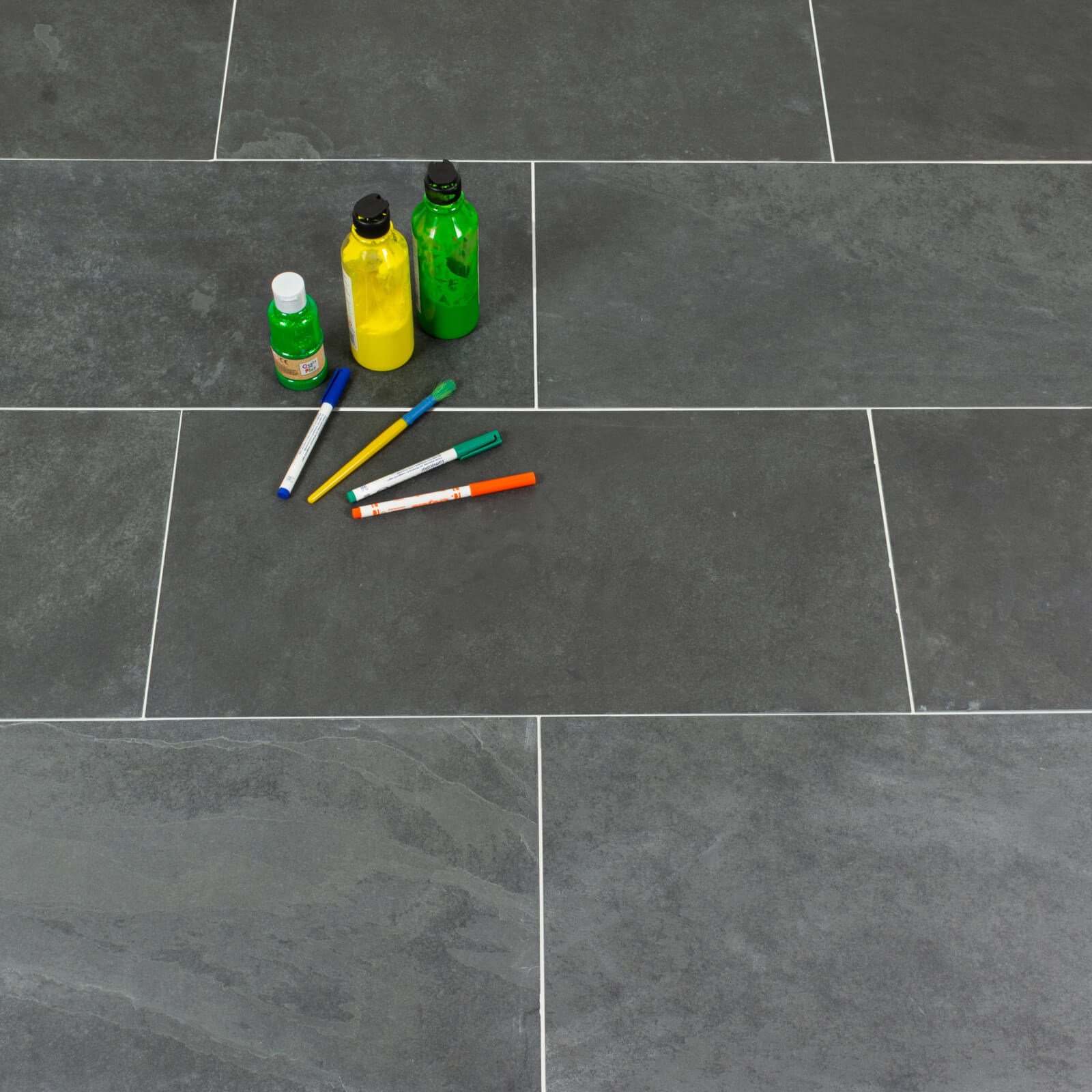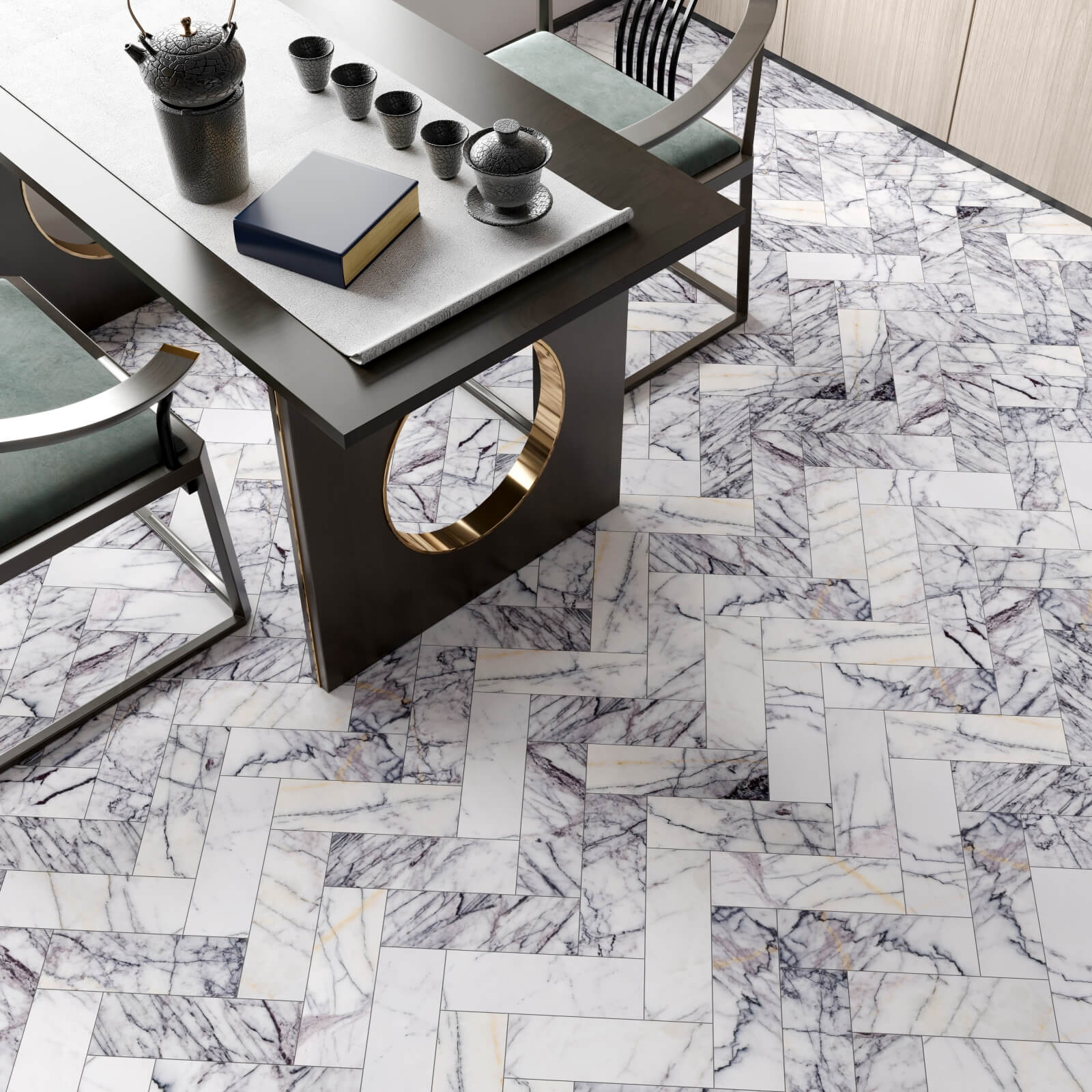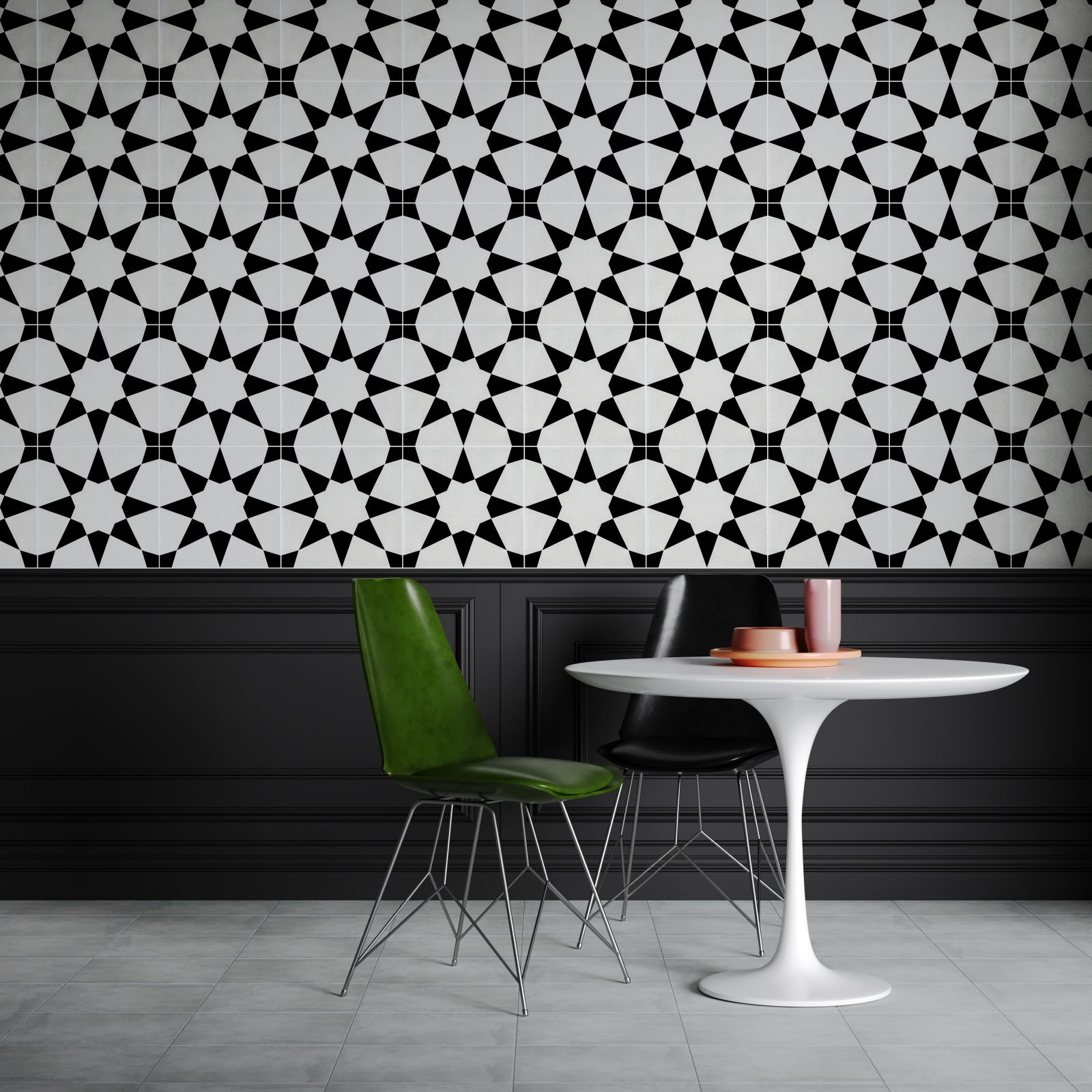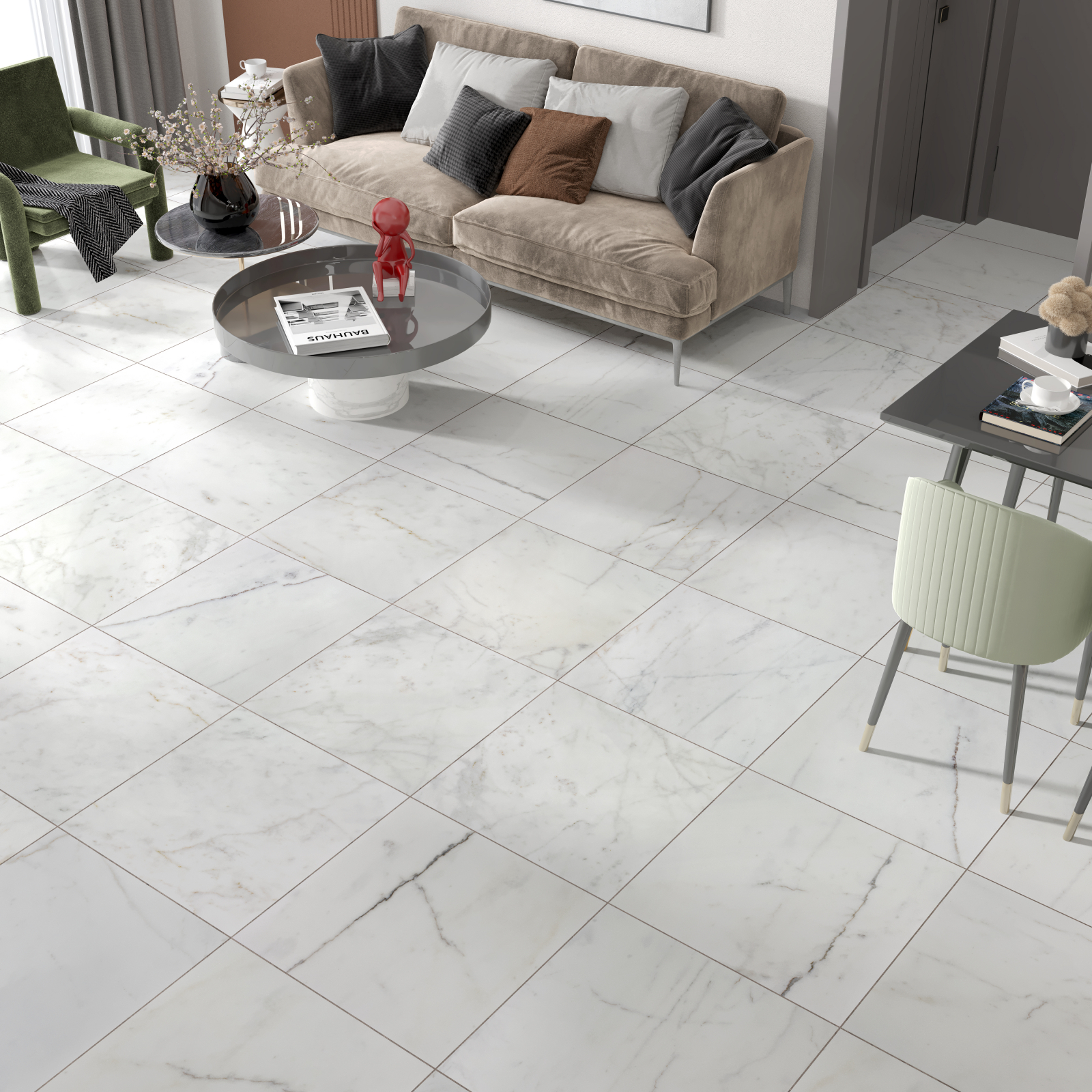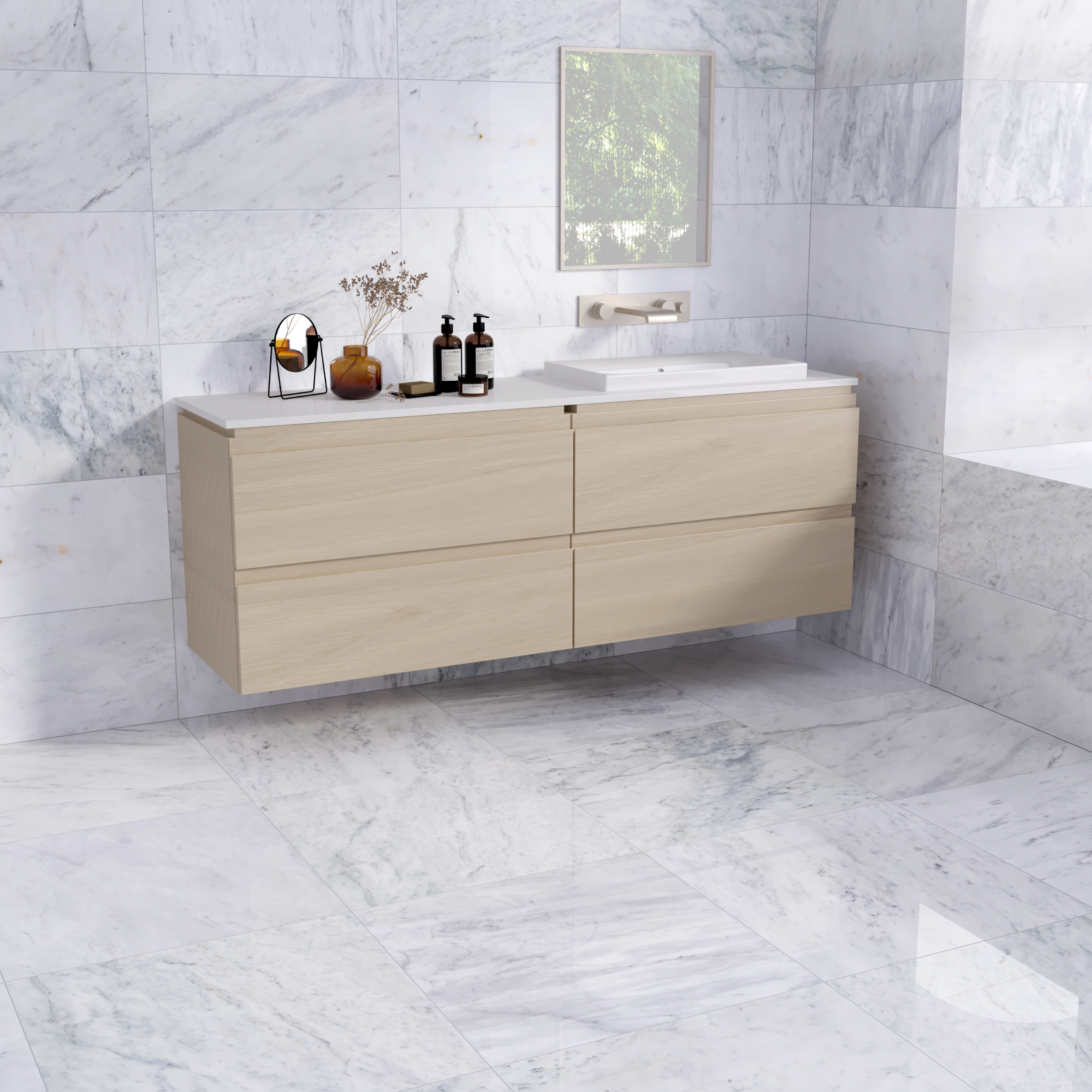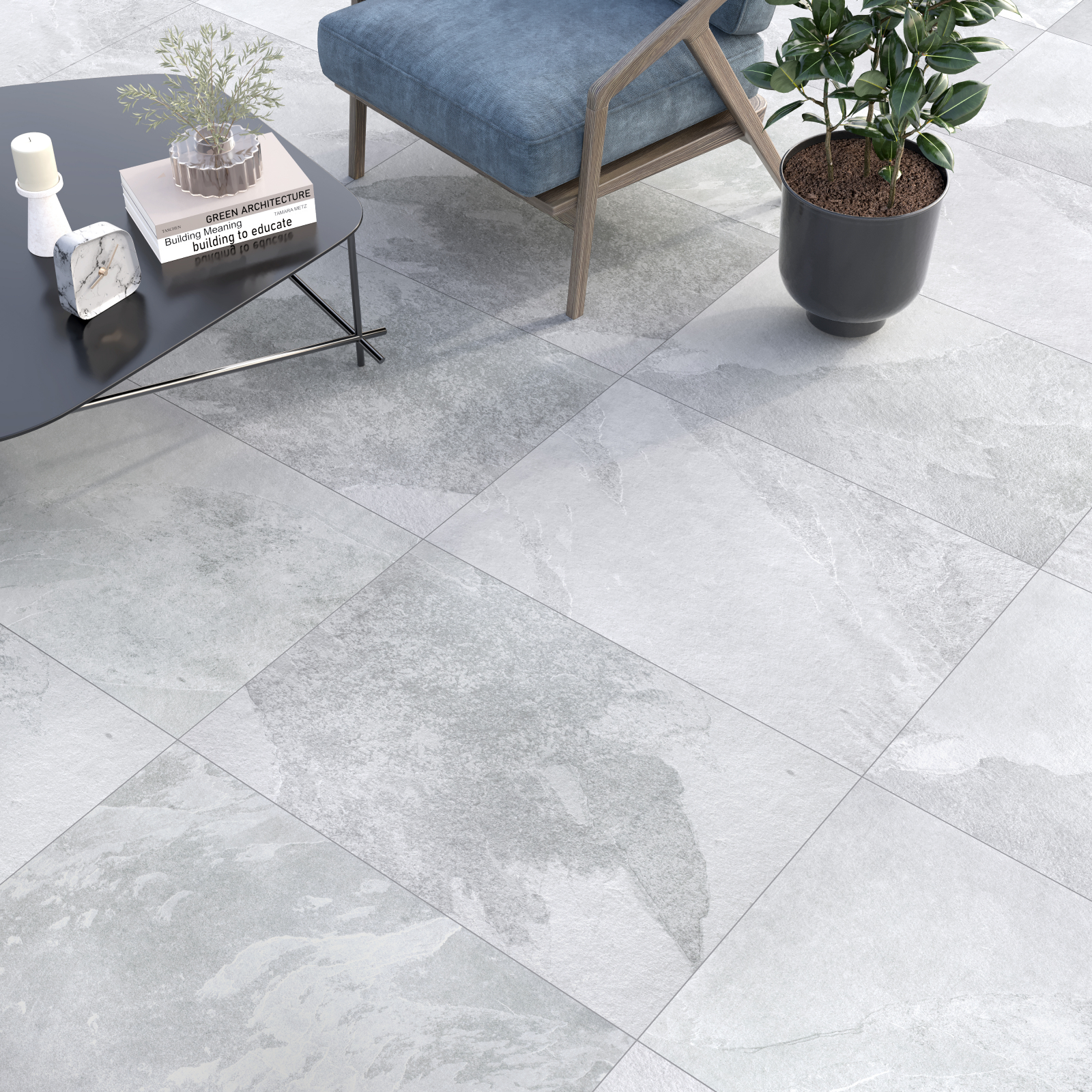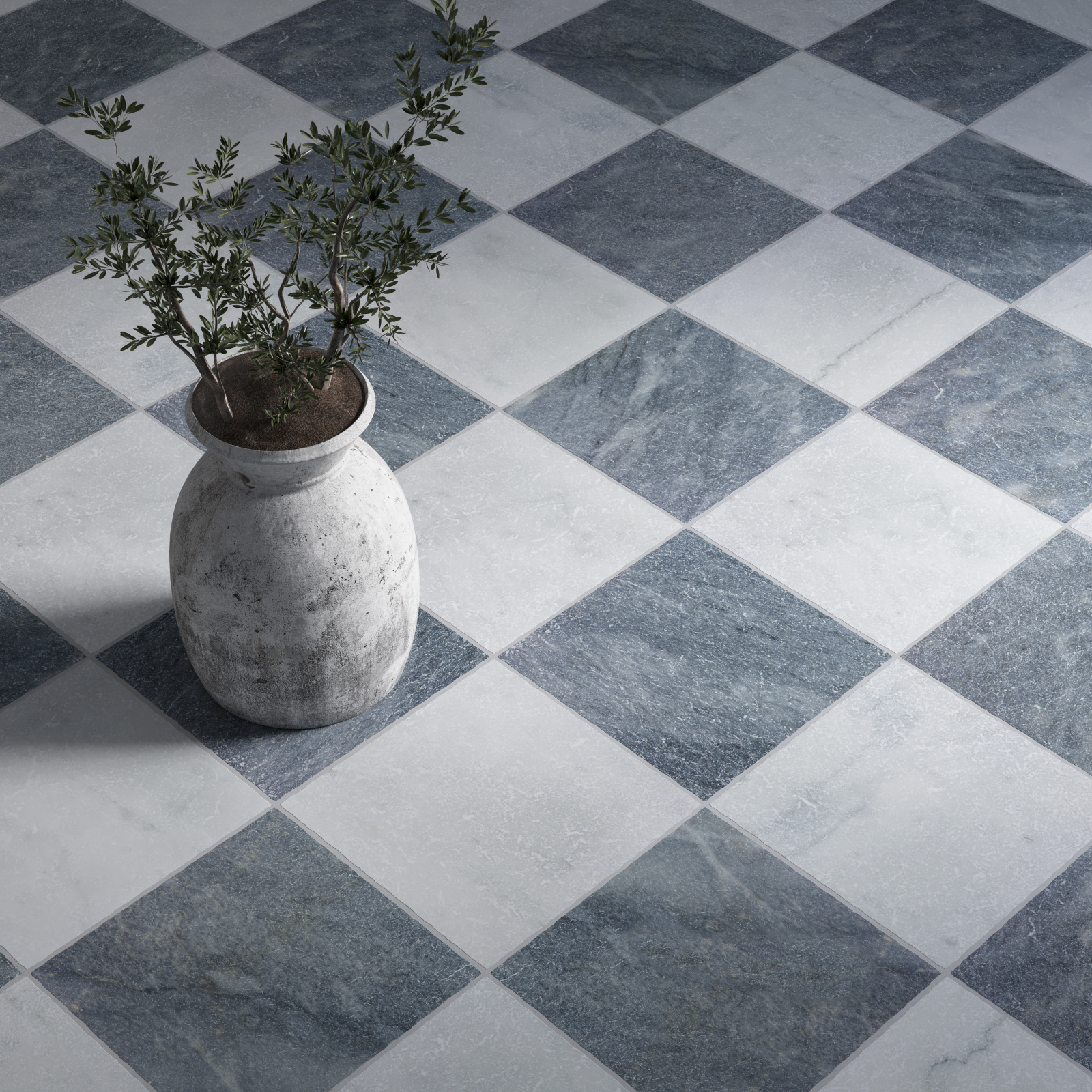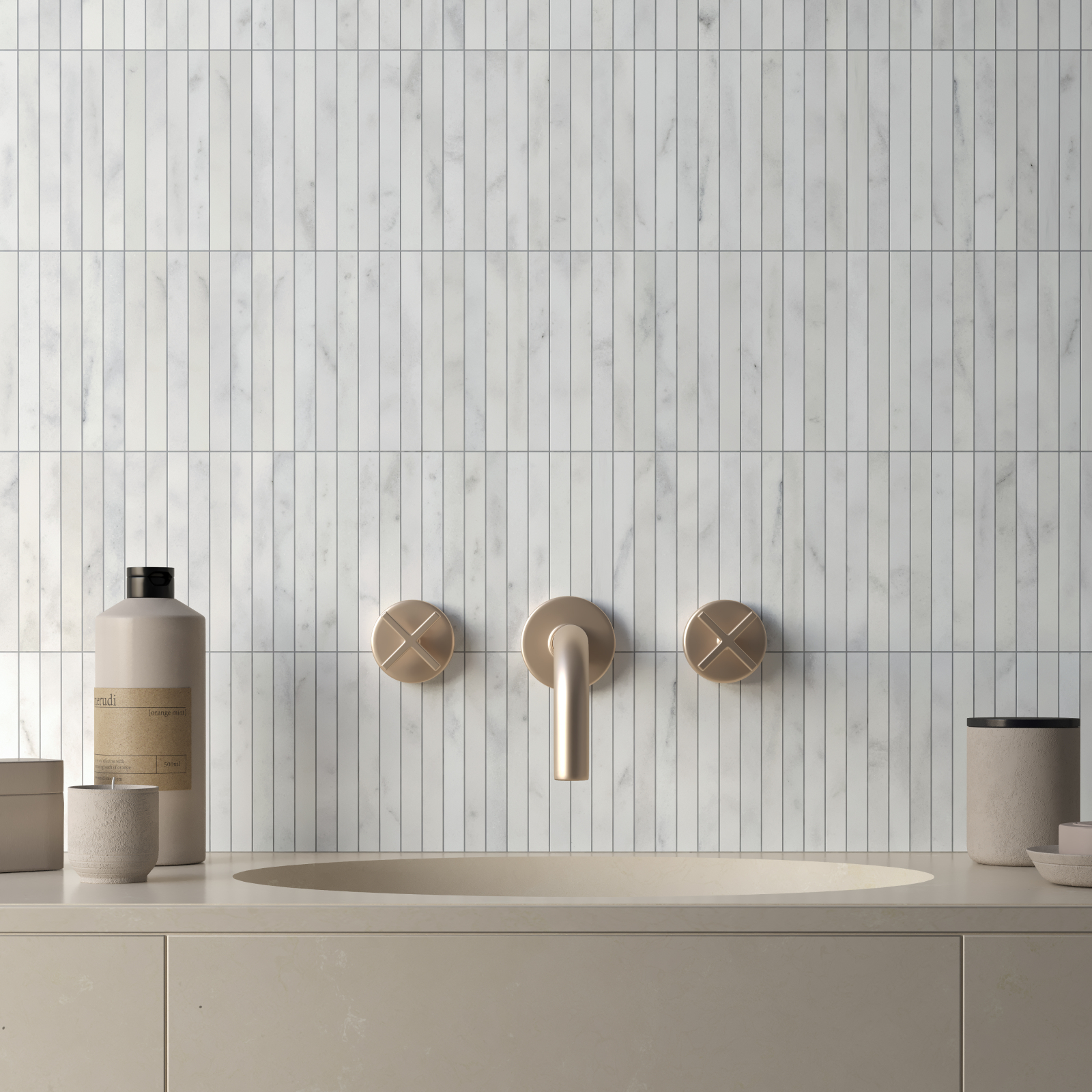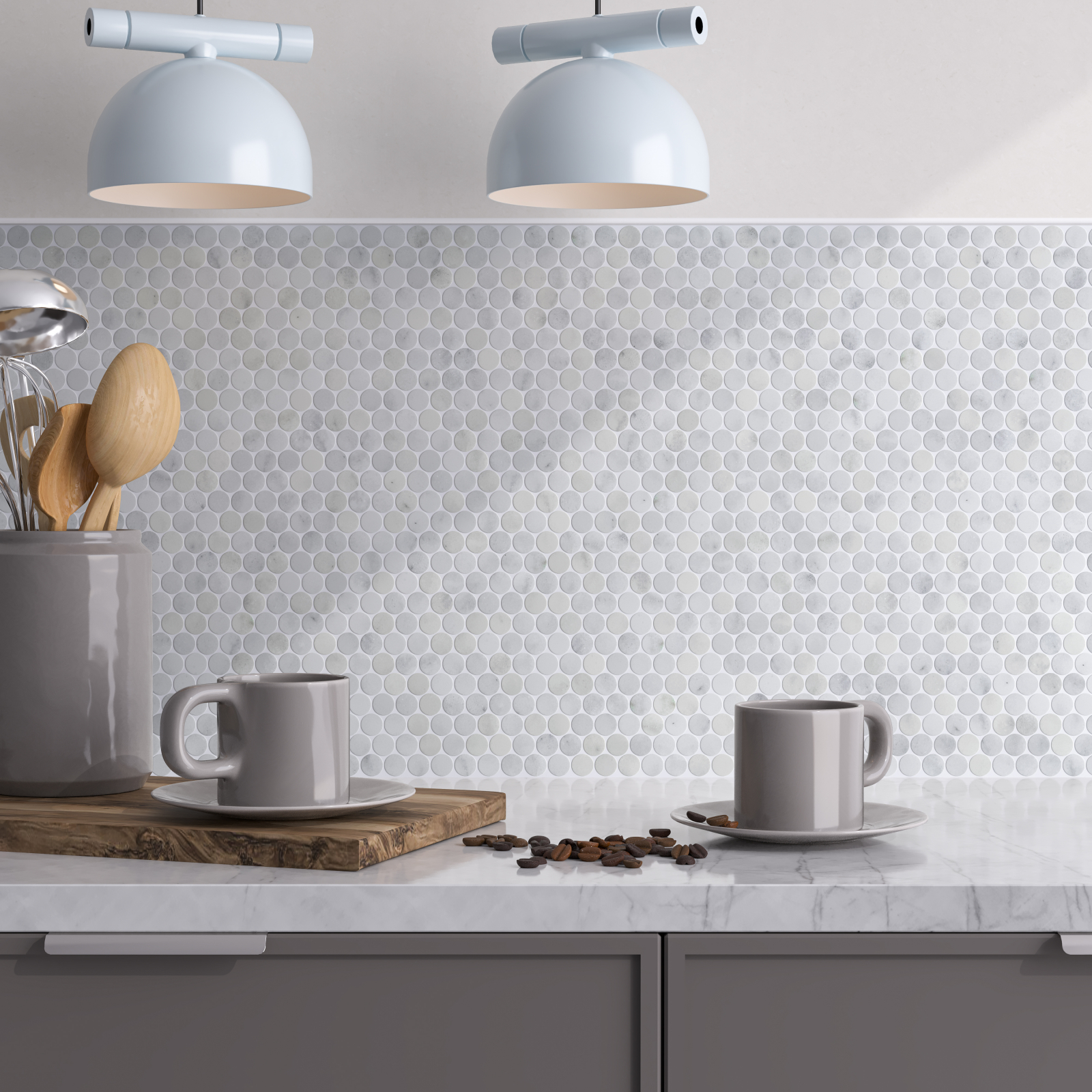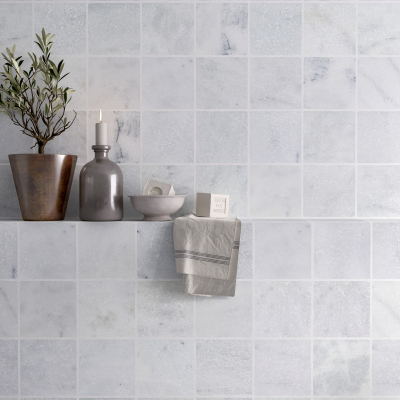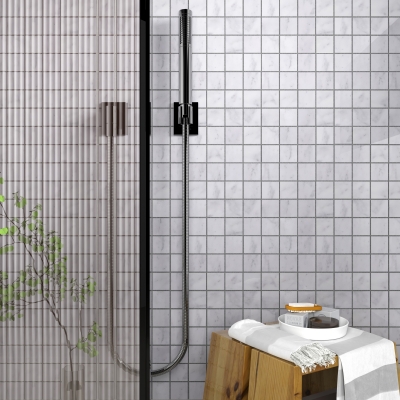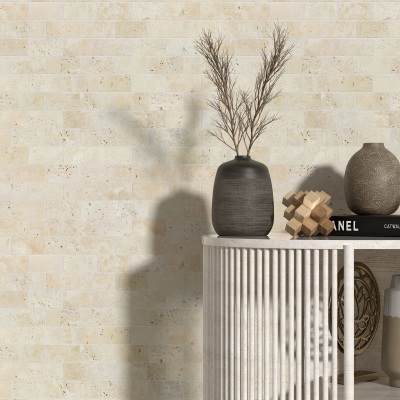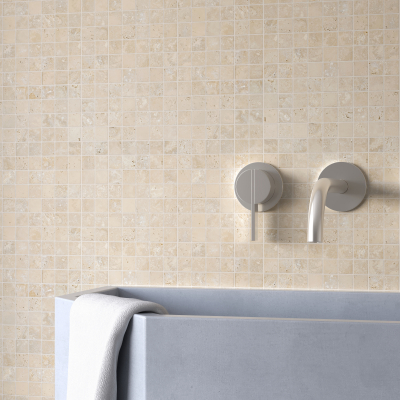Tips to Clean Limescale off your Porcelain Tiles
Maybe now it has been some time since you picked out and got installed your fantastic porcelain tiles in your bathroom but wait…. you notice something happening, it’s the dreaded built-up of lime scale on your tiles and so, now what do you do? Don’t panic, we will talk about ways to replenish your cherished porcelain tiles in no time, both by means of using natural household materials and specially produced cleaning products.
Fighting against traces of lime scale on your bathroom tiles can be done with natural products such as lemon juice, white vinegar, baking soda, citric acid and anti-lime scale chemicals.
The porcelain tiles and traces of limescale.
Man made porcelain tiles are one of the most suitable floor and wall tiles for bathroom use. The choice of formats, appearances and colours are immense. It is the material that best resists splashing water thanks to its man made properties and unlike most natural tiles, porcelain tiles are also very resistant to chemicals in most cleaning products that are regularly used in bathrooms.
However, porcelain tiles are just as affected by traces of lime scale as natural stones are, especially in walk-in showers. Water from our taps unfortunately contains calcium and magnesium carbonates in varying amounts depending on where the water is coming from in your region, and it’s called hard water. Lime scale is the natural by-product of hard water, when this water evaporates, it leaves behind the mineral deposits of white or sometimes green crust. The build-up is harder to clean the longer it is left untouched. In addition to leaving white marks on tiles, shower screens, washbasins and scaling faucets, it also affects the functioning of appliances. For the long run, to prevent this problem, investing in a water softener is the real long-term solution to this irritating problem, but in most cases it is not always economically and technically possible. So let's try to find solutions to descale your porcelain bathroom tiles.
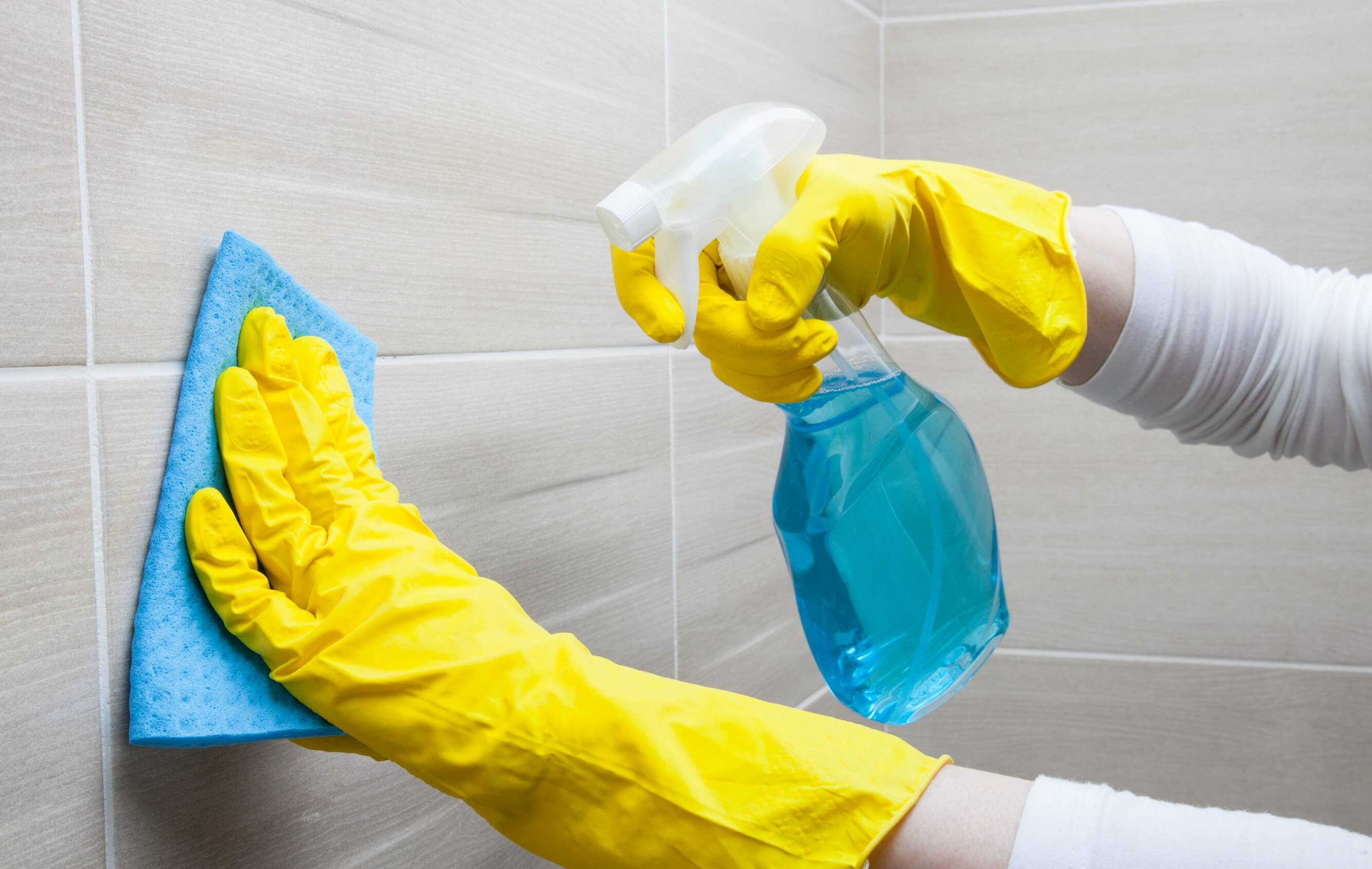
What are the best descaling products?
Whenever you decide to handle any cleaning product, remember to equip yourself with some protection, at the very least for your hands, but it is always wise that you wear protection over your eyes as well. Descaling products are usually quite aggressive, so gloves and protective glasses are always advisable. Even if you are choosing to use natural based products like vinegar, this does not mean you don’t need any protection, remember, with prolonged exposure your skin can get irritated by all sorts of things natural or man-made.
The different solutions for descaling tiles
Always start with the simplest and most natural solutions to descale your tiles before using any harsh man-made products.
Below is a guide of different methods to descaling your tiles.
To carry out the descaling of the tiles, you will need some equipment and tools.
• A sponge
• An old toothbrush
• Household gloves
• Protective glasses
• Some old clothes or work clothes
The traditional, grandmothers' tips for descaling tiles:
The first and usually in most cases, the best way to getting rid of lime scale on your tiles is to first exhaust all of grandma's tips, namely natural products, before opting for more aggressive man-made products.
1. Lemon juice
Lemon juice is the first solution! Easy to obtain and very economical, just sprinkle the scaled surfaces and let stand for at least 10 minutes. Don't hesitate to leave it on for longer if there is a lot of lime scale on your tiles. Not too long, however, because the citric acid naturally contained in lemon juice can damage your tiles and glazed finishes. Then just rub with a scraping sponge and you're usually done.
2. White vinegar
White vinegar is an excellent remedy for lime scale. It is very economical and very efficient, both for tiles and for taps with lime scale. Pro Tip: go for the white vinegar from the food section, it is usually cheaper than household vinegar. As with the lemon, leave on for ten minutes and rub with a sponge. The only downside is the smell being less pleasant than lemon and it can be a bit stubborn and linger.
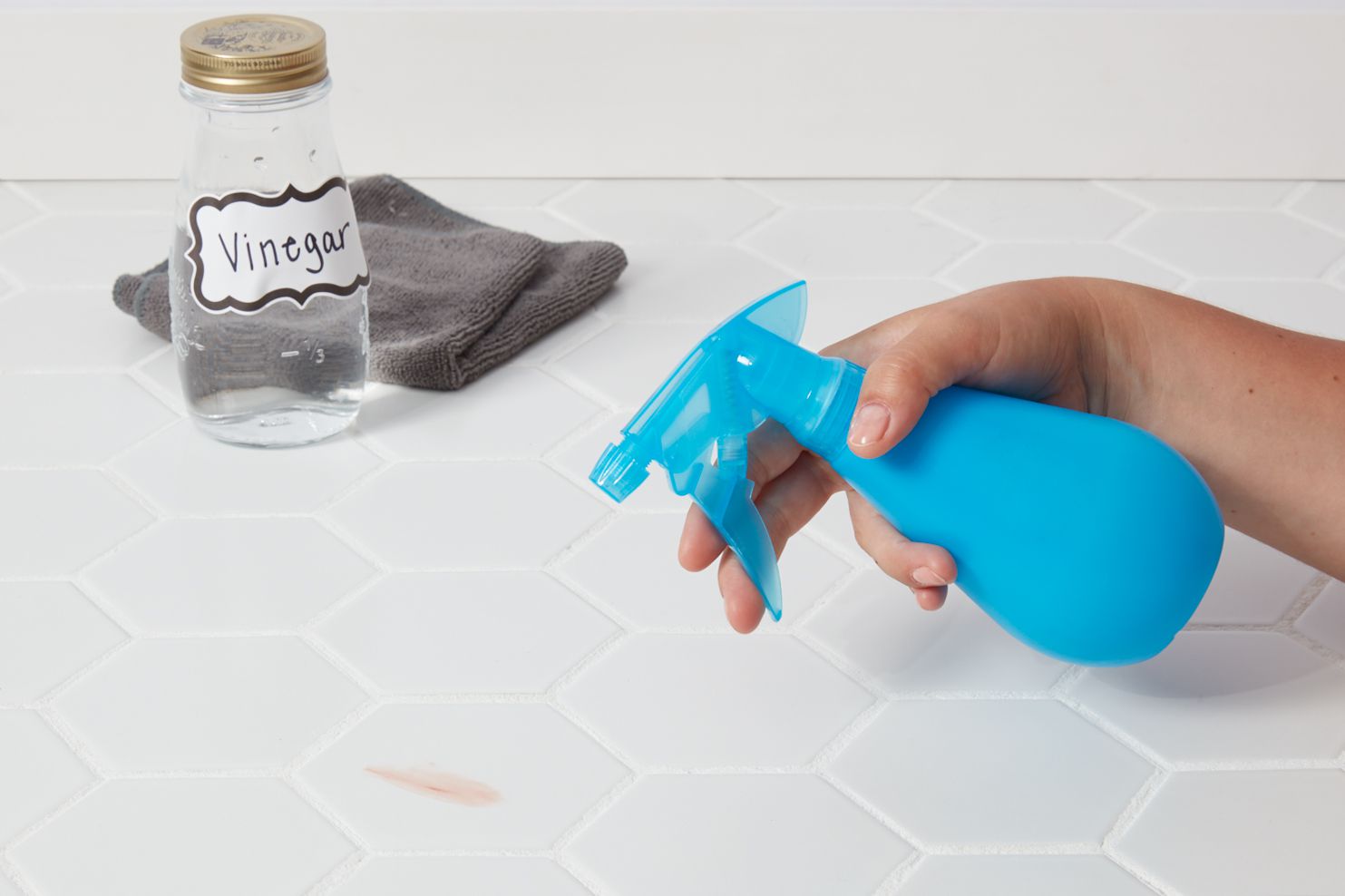
3. Baking soda
Baking soda is a unique general-purpose product which also includes lime scale control as one of its uses. Make a paste out of it by mixing it with water (three parts baking soda and one part water is the ideal mixture). Apply this paste to the encrusted areas and let it dry. Then just scrub with the sponge or a small brush.
Specially made descaling and anti-lime products you can buy
In the household products section, you have certainly seen a multitude of anti-scale/anti-lime products. These products are generally quite effective, but beware. They are very often toxic and difficult to know exactly what their ingredients are due to technical terminology they are usually explained with. The main advantage is often their spray format, which makes them easy to apply. Using this sort of products is mainly where you have to protect your hands and eyes well with household gloves and goggles to protect your skin and eyes from being irritated by all the chemicals. Following the same principle as the “grandmother's tips” natural products, we let stand and we rub. And forget about the magic “rinse-off” ads with some products out there, there is no real substitute for scrubbing and is always a necessity to ensure for the full and best descaling results, you will always have to scrub.
Citric acid as a de-scaler
Acids are aggressive products. If you have the ultimate lime scale problem to tackle and this is your only option remaining, then be extremely careful in handling these products.
Never forget to put on your gloves and protect your eyes from any possible splashes (we prefer a mask to protective glasses for even better protection).
Citric acid comes in the form of crystals and despite what you might think, it is a completely natural product. It is present in fruits and also even used in cooking. In its household production however, it is an extremely effective product. It is not toxic but can be extremely irritating. Aim to protect your skin and eyes well.
Make sure to dilute these products with water so as not to attack and damage your tiles or taps. Be careful not to use hydrochloric acid on your tiles, floors or walls. These products are extremely dangerous to handle and you will for certain damage your tiles.
We hope we could provide effective tips and solutions for this ever present household issue.


